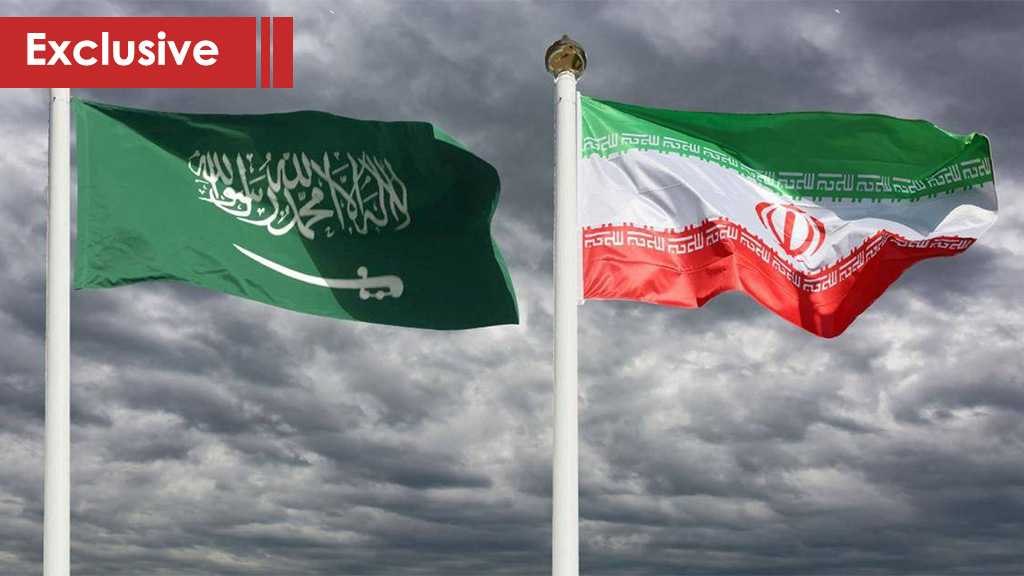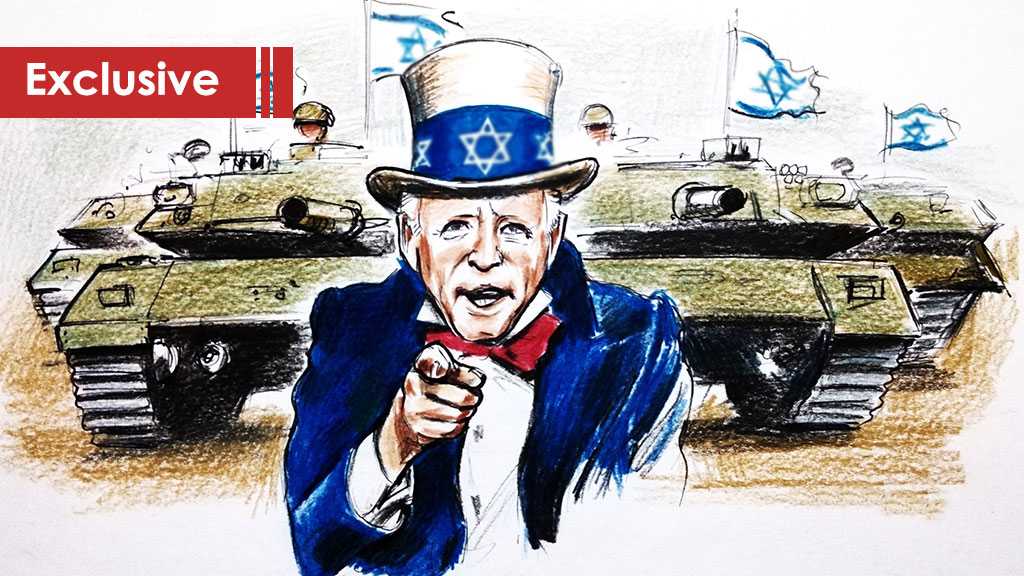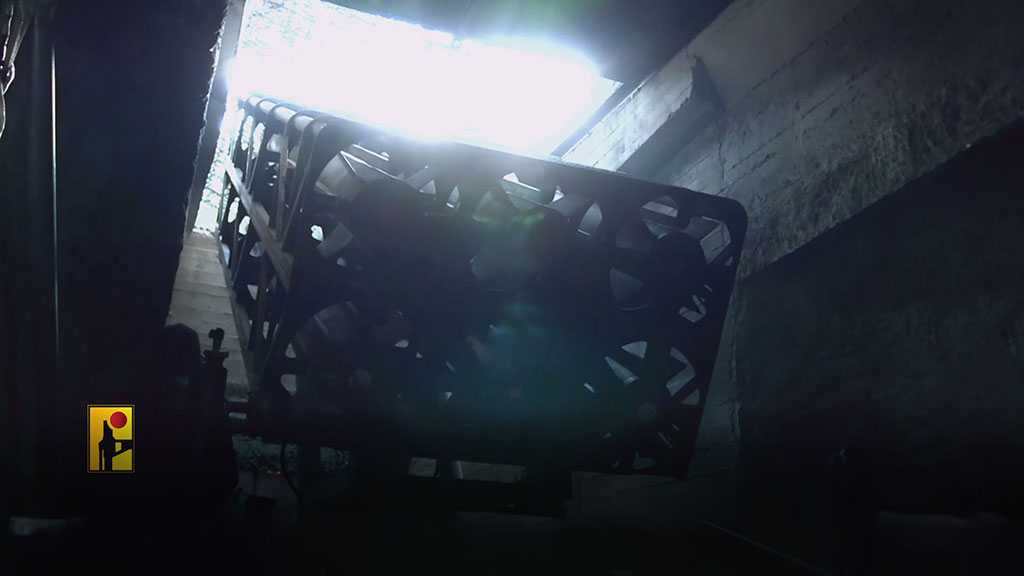The Iran-Saudi Rapprochement is Evolving: How Is That Affecting ’Israel’?

By Charles Abi Nader
"Israel" is still trying to wrap its head around the recent scenes coming out of southern Lebanon where Iran’s Foreign Minister Hossein Amir-Abdollahian stood in close proximity to “Israeli” military posts in occupied Palestine and declared that regional developments would soon lead to the collapse of the Zionist entity.
As if that weren’t enough, an even more painful scene came crashing down on Tel Aviv from Saudi Arabia.
This one came in the form of a video clip featuring the commander of the armed forces in Saudi Arabia’s western region, Maj. Gen. Ahmed Al-Dubais, as he welcomed the chargé d’affairs of the Iranian embassy in Riyadh Hassan Zarankar upon the latter’s arrival at King Abdullah Air Base in Jeddah.
The Saudi commander was receiving Iranian nationals who were evacuated from Sudan. The arrivals were given a warm reception by Al-Dubais, who can be heard saying, "Welcome, welcome. It is a blessed hour when you come to us. Welcome."
The two events in Lebanon and Saudi Arabia may have multiple emotional dimensions, but the nature of their sensitivity is entirely political and so are the negative repercussions that the two could have on “Israel”. Both constitute a pivotal change in the broader regional conflict against “Israel”.
It is safe to say that Abdollahian’s remarks about the approaching collapse of the Zionist entity, which Iran’s top diplomat made from the southern Lebanese village of Maroun al-Ras that overlooks critical “Israeli” military infrastructure in the Galilee, sheds light on the difficult conditions facing the enemy.
This village is also a place that bears more than one sensitive and frightening significance for “Israel”. Maroun al-Ras has always been one of the most important bases for the resistance before and after liberation. It was also one of the most important focal points that caused “Israel’s” defeat in more than one battle and confrontation.
Furthermore, the Iranian minister’s statement came at a critical moment for both the region and the world. Currently, there are several pressing factors that are unfolding simultaneously and affecting “Israel”. The first of these is the unprecedented polarization among various “Israeli” currents, which was caused by the judicial amendments and other political disputes, and which appears to have no solution on the horizon.
The most dangerous factor is the deepening division within “Israel’s” military, which threatens its unity and its commitment to fight.
This as the capabilities of the Palestinian resistance in various fields are evolving in all of occupied Palestine. There is also a high level of interdependence and structural coordination between the various arenas of the axis of resistance in support of the escalating confrontation, which all components of the Palestinian people are engaged in.
In circling back to the warm reception by the Saudi commander, who conveyed messages of welcome and direct interest from the Saudi King and Crown Prince to Zarankar, one can describe it as perhaps the greatest shock to the Zionist entity.
This rips away Tel Aviv’s great hopes of a relationship with Saudi Arabia and all the dreams of what Riyadh had to offer. For starters, “Israel” dreamt of normalizing ties with more Arab and Gulf countries than ever before. Secondly – this may be the most important for “Israel” – Tel Aviv wanted to utilize Saudi Arabia's geographic location. This would have enabled the “Israelis” to establish military and security focal points and influence against Iran in the areas of monitoring and control and the concentration of air defense systems close to Iranian borders.
Following the recent rapprochement between Iran and Saudi Arabia, it is only natural to assume that “Israel” has lost its convictions about the prospects of achieving these ambitions. It is also natural that it will find itself outside an Arab and Islamic orbit, which it once thought it would succeed in penetrating and exploiting to support its front in confronting the axis of resistance.
With this in mind and taking into account Abdollahian’s statement as well as the broader repercussions of the Iranian-Saudi rapprochement, will “Israel” surrender in light of this situation and accept its inevitable collapse, or will it push ahead by resorting to a maneuver of war or aggression through which it re-shuffles the cards that have become unfavorable to it?
In any case and regardless of the decision Tel Aviv makes, it is clear that the “Israeli” entity's options have become dangerous, limited, and very narrow.




